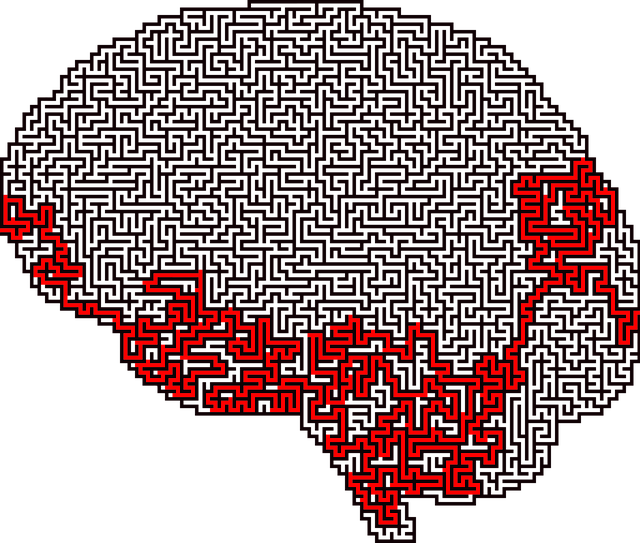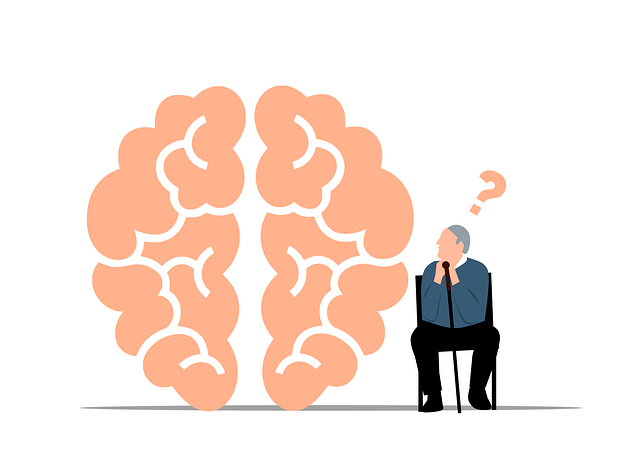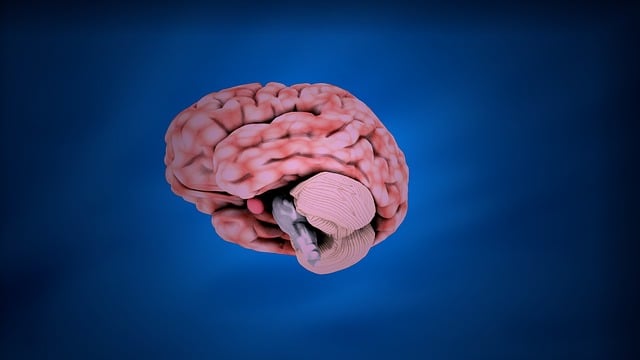Littleton Developmental Disability Therapy leverages detailed mental health data analysis to deliver personalized, effective treatment. Therapists meticulously gather and organize diverse information from clinical assessments, client self-reports, and observational notes, adhering to strict ethical guidelines and confidentiality protocols. Using specialized software or databases, they categorize and code data to identify patterns in emotional healing processes and resilience building. This data-driven approach enhances treatment effectiveness, contributes to understanding self-awareness exercises' impact, and guides the development of targeted Mental Health Education Programs and Community Outreach initiatives. By prioritizing personalized interpretation of mental health data, Littleton creates a supportive environment that promotes emotional resilience for both staff and clients.
Mental health data analysis is a powerful tool for understanding and improving therapeutic outcomes. This article explores the critical process of analyzing and interpreting mental health data, from collection and organization to uncovering trends and translating insights into actionable strategies. We delve into practical examples like Littleton Developmental Disability Therapy, demonstrating how data-driven approaches can revolutionize care. By examining these aspects, we aim to highlight the importance of evidence-based practices in enhancing mental health services.
- Understanding Mental Health Data: Collection and Organization
- Analyzing Trends: Identifying Patterns and Insights
- Interpretation and Action: Translating Data into Therapeutic Strategies
- Case Study: Littleton Developmental Disability Therapy – A Practical Example
Understanding Mental Health Data: Collection and Organization

Understanding Mental Health Data is a pivotal first step in any therapeutic journey, especially within the context of Littleton Developmental Disability Therapy. Effective data collection and organization are essential to ensure accurate analysis and informed decision-making. This process involves meticulously gathering various types of information, such as clinical assessments, client self-reports, and observational notes, all while adhering to strict ethical guidelines and confidentiality protocols.
Organizing this data requires a structured approach, often utilizing specialized software or databases tailored for mental health research. By categorizing and coding the collected information, therapists can identify patterns, trends, and unique characteristics of each client’s emotional healing processes and resilience building. This not only facilitates personalized treatment plans but also contributes to the broader understanding of self-awareness exercises and their impact on mental well-being.
Analyzing Trends: Identifying Patterns and Insights

Analyzing trends within mental health data is a powerful tool for understanding and improving community well-being, especially when tailored to specific populations like those with developmental disabilities in Littleton. By identifying patterns through meticulous analysis, therapists and researchers can uncover insights that inform effective interventions and strategies. For instance, tracking the prevalence of certain mental health conditions over time among individuals with developmental disabilities can reveal emerging trends, highlighting areas that may require enhanced support and specialized services.
This process involves sifting through extensive data sets, including demographic information, diagnosis records, treatment outcomes, and even qualitative feedback from clients and their families. By employing advanced statistical methods and visualization tools, patterns such as increased anxiety or depression rates during specific life stages or in response to particular environmental factors might become evident. Such insights can guide the design of targeted Mental Health Education Programs tailored to address these identified needs. Moreover, understanding community-level trends can facilitate the Community Outreach Program Implementation, ensuring that resources are allocated effectively and promoting positive thinking and resilience among at-risk populations.
Interpretation and Action: Translating Data into Therapeutic Strategies

The interpretation of mental health data is a pivotal step in transforming raw figures into actionable strategies for better patient outcomes. At Littleton Developmental Disability Therapy, we understand that each individual’s journey with mental health is unique. Therefore, our data analysis process involves meticulous evaluation and personalized approaches. By delving into the insights gained from comprehensive assessments, our therapists can identify specific challenges and tailor therapeutic interventions accordingly. This may include incorporating strategies such as public awareness campaigns development to foster a supportive environment or encouraging mental wellness journaling exercises for self-reflection and positive thinking.
Through this translation of data into practice, we aim to empower individuals with effective tools and coping mechanisms. The analysis guides therapists in making informed decisions about treatment plans, ensuring that each session is purposeful and aligned with the client’s evolving needs. This data-driven approach not only enhances the quality of care but also encourages ongoing progress and improved mental wellness for all our clients, fostering a more positive thinking mindset.
Case Study: Littleton Developmental Disability Therapy – A Practical Example

Littleton Developmental Disability Therapy serves as a compelling case study for mental health data analysis and interpretation. By employing advanced statistical methods to evaluate patient progress, therapists at Littleton gain valuable insights into the effectiveness of their interventions. This practical approach not only identifies areas of success but also pinpoints challenges within the therapy process. For instance, analyzing emotional regulation scores can reveal specific techniques that foster positive thinking, while tracking burnout prevention strategies for healthcare providers might highlight crucial factors contributing to staff satisfaction and retention.
The case study further underscores the importance of continuous data-driven improvements in mental health services. By integrating insights from Burnout Prevention Strategies for Healthcare Providers, therapists at Littleton can cultivate a supportive work environment that enhances emotional resilience among both staff and clients. This holistic approach ensures that positive thinking remains a cornerstone of therapy, while effectively managing potential burnout among practitioners.
Mental health data analysis is a powerful tool for therapists and researchers, as demonstrated by Littleton Developmental Disability Therapy. By understanding, collecting, and interpreting mental health data, professionals can identify trends, gain valuable insights, and develop effective therapeutic strategies. This process, highlighted in the case study, shows how data-driven approaches can enhance treatment outcomes and contribute to the overall improvement of mental healthcare services. Embracing these analytical methods is a step towards a more informed and progressive approach to addressing developmental disabilities and other mental health concerns.














